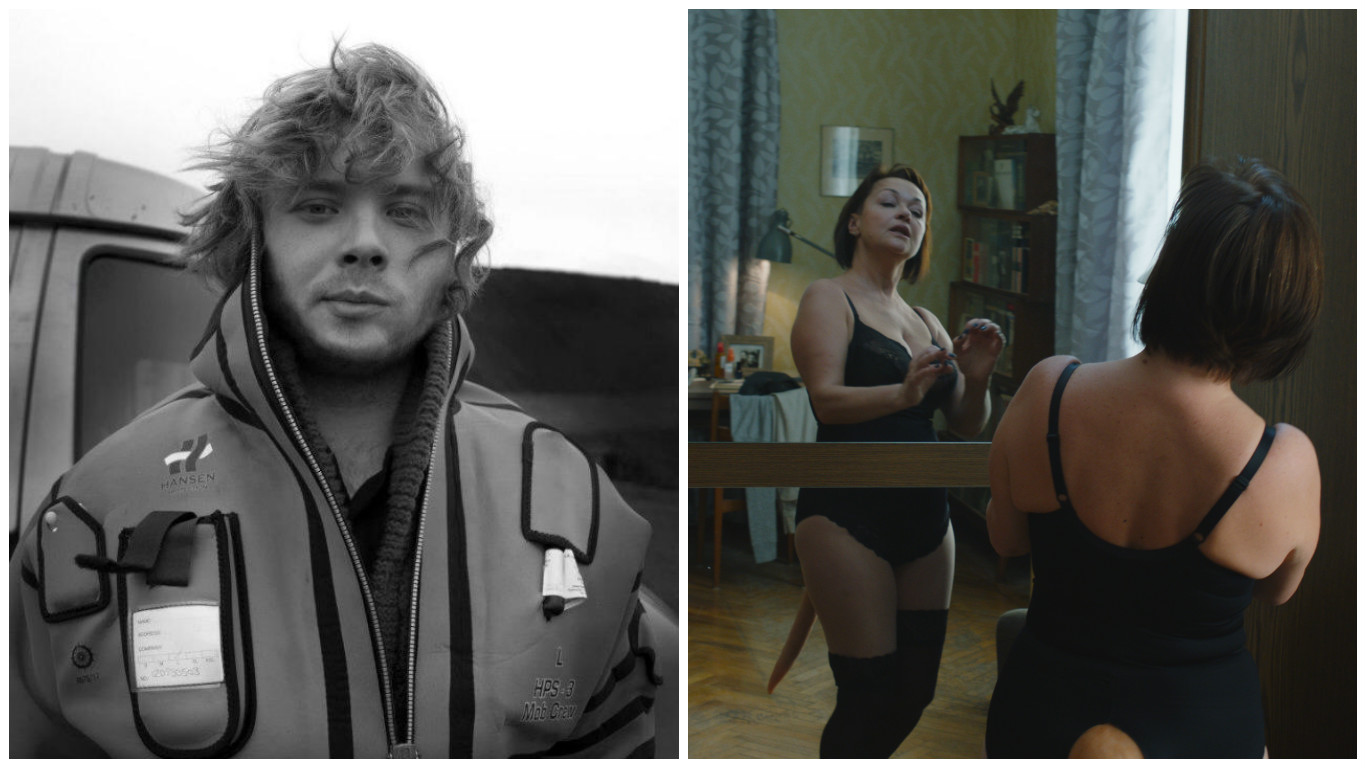
- Film
Emerging Directors: Ivan Tverdovsky, Champion of the Outcasts
As international journalists covering the entertainment industry, we at the HFPA are constantly on the lookout for up-and-coming talent. We know that the unknown filmmaker of today can very easily be the award-winning powerhouse of a not too distant future. This is an occasional series highlighting new, promising directors from all over the world.
Name: Ivan Tverdovsky
Provenance: Russia
Age: 27
Zoology is Ivan Tverdovsky’s second feature. A graduate of the Russian Institute for Cinematography, Tverdovsky was awarded at multiple Russian and international festivals for his previous documentary works. His first feature, the award-winning The Correction Class, inspired by the novel of the same name by psychologist Ekaterina Murashova, is a story of a couple of high school students enrolled in a special "correction’s class" designed for children with physical and psychological impairments, treated by both teachers and other students as a doomed place for losers and outcasts.
Zoology’s main character, Natasha, is also an outcast, a 55 year old virgin, who possesses a tail. She is quite comfortable with it until she meets a man, who falls in love with … not with Natasha, but with her tail…
Your previous film focused on the lives of teenagers, now you’re portraying a mature woman – how was it to write about someone much older than you?
_ Both films are different – both in their subject matter and the age of their protagonists. In the case of Zoology, it was surprisingly easy for me to write a story about a middle-aged woman, as we have quite a bit in common. I projected myself into the events that could have happened to her. In a way, I am even older than her. In our film Natasha a virgin who encounters for the first time – at 55 years old – the complexities of life, true feelings, conflicts and misunderstanding. Of course, people my age encounter those circumstances much earlier in life. But what is extremely important in this story is that a woman who has lived the longest part of her life already and who theoretically needs to start winding down her life and feelings, this woman gets a second chance. She starts living a new and different life, getting into something she never had a chance to experience before. For me, this is a very interesting aspect of the dramatic composition here.
Your films give a voice to people who are different, odd, excluded from society. Why do you have this particular interest?
_Today the society that I live in and people who surround me are living in such a way that is different from something that was happening even five years ago. People don’t crave their individuality anymore, instead they long for something universal. You need to buy your clothes in the popular stores, go to popular concerts, in your refrigerator there is a pre-set selection of food, the same as in your neighbor’s fridge. If you go down into the subways wearing a colored T-shirt you inherently distinguish yourself from the black-and-white crowd, and so on.
Our film is primarily about self-identification in the space that surrounds you. And the finale of our movie, in my opinion, quite accurately reflects things that are currently happening in my country and in Russian society. I suspect that in a lot of less totalitarian countries, a resolution similar to the ending of our film would not possible. For me, this film is a method of fighting reality. I hope that “Zoology” will truly turn out to be an effective “medicine” against unification and standardization in any society.
The supernatural element of the tail really stands out in contrast to the realistic setting. Where did you get this idea from?
We did not want to make a science-fiction film. But of course, there is a fantastic element in the story. People don’t grow tails, it’s a scientific fact. But I wanted to imagine – hypothetically – how a tail would look like if every human being actually could grow one. I can hardly envision it being fluffy or beautiful. With our designers and VFX specialists, we worked on coming up with something realistic. Of course, some people may say that our tail looks hideous – maybe it would have been exactly that way if we really grown one.
What does the tail mean to you?
The tail is a person’s distinguishing trait, something special that each of us has. It can be anything – your political views, your taste in music or art, sexial oriention or racial profile. I view this very widely. Our protagonist says at some point “We are all different” – and for me this is the main significance of the tail. Your tail that distinguishes you from millions of other people.

